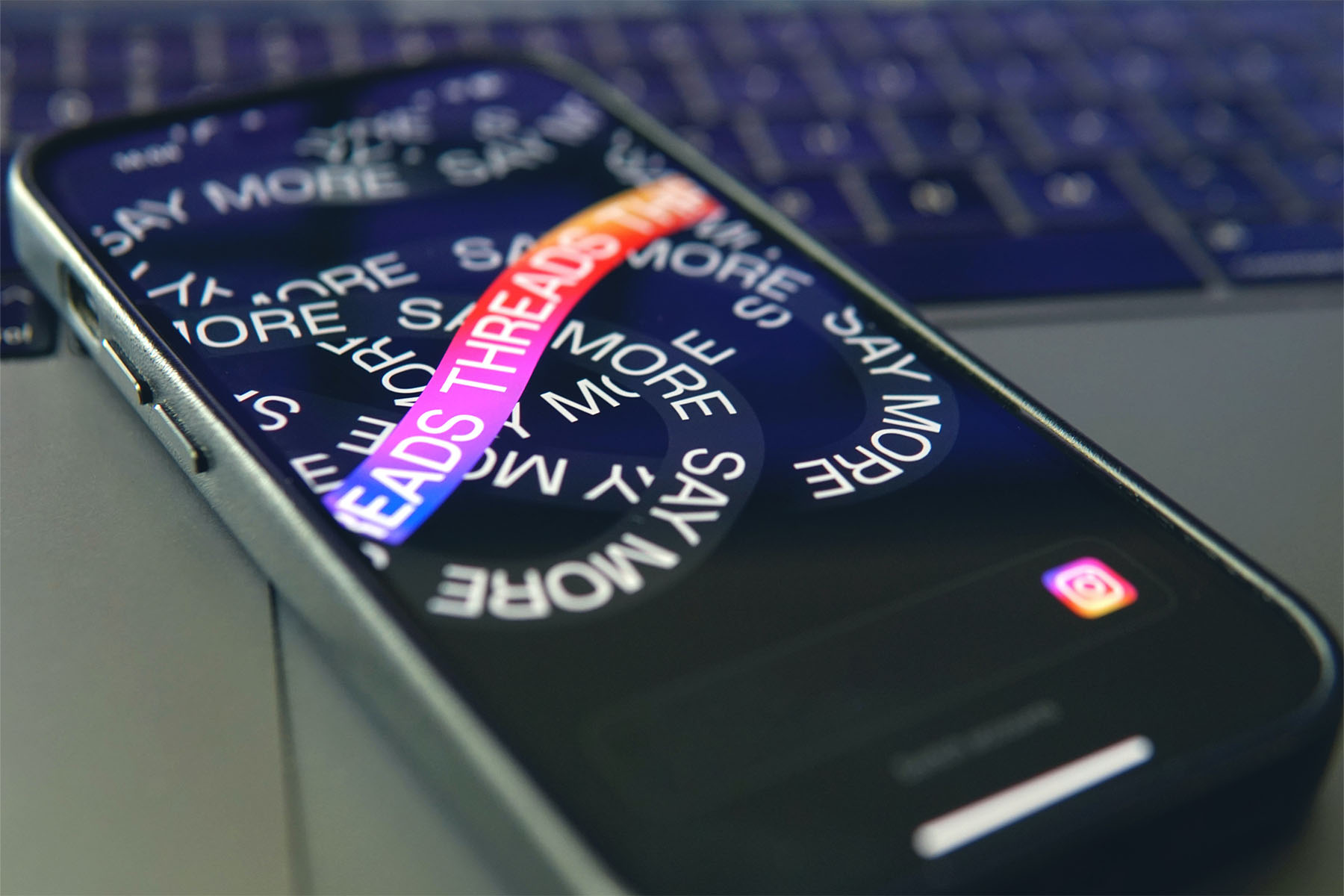In its heyday, which I would clock at around 2007, Twitter was a cool place to visit. There was a sense of belonging that hearkened back to finding your people in the school lunchroom. Hanging out on the platform helped you feel not quite so alone—a boon in an increasingly anti–real life world. Twitter was where you had direct access to celebrities, who might read your tweets or even retweet or reply to them. Where you could find your niche communities and where millions of people from all over the world, with nothing in common except their love of Star Wars, K-pop, or My Little Pony, could out-nerd—and out-meme—each other.
That version of Twitter no longer exists. As Siva Vaidhyanathan points out in his recent piece in the Guardian, Twitter doesn’t even seem to be trying to retain its users at this point. Nothing Elon Musk has done since his takeover appears to be about improving the experience of the site. Between reinstating banned accounts in the name of free speech, monetizing the blue checkmark into a badge of shame rather than a symbol of authenticity and credibility, throttling traffic to other platforms, failing to remove hateful tweets, and imposing limits on how many tweets we can see, Musk has restyled Twitter in his own narcissistic and paranoid image. Staring into that mirror is not something most users want.
For anyone ready for an alternative, Meta is promising an easy offramp. Threads, the company’s new vehicle that launched in early July, is a microblogging app linked directly to your existing Instagram accounts. Since both apps are owned by Meta, this means you can bring all your followers with you. Threads looks a lot like Twitter—it allows for links and lets you attach photos and videos of up to five minutes—but offers double the character limit on posts (up to 500 instead of Twitter’s 280, unless you were paying for Twitter Blue). Notably missing is the easy access to GIF images (basically, how I prefer to communicate before 10 a.m.) and hashtags. If you’re verified on Instagram, you’re automatically verified on Threads. It’s not clear how one gets verified on Threads directly, but these kinks will get worked out. So far, a flurry of celebrities have claimed their parallel spaces in this parallel universe. It’s now the fastest-growing app in history.
What are we trying to replace, though? What are we so desperate to recreate in Threads that 10 million of us joined it in its first few hours? I wrote a story for The Walrus a few years ago about the pandemic (briefly) bringing out the best in us online. I had hope that we could redirect ourselves away from the pools of hate and instead harness social media to spread good. The problem is that the people who run those platforms do not necessarily have that goal, and we need to keep reminding ourselves of this fact. They want our data. They want to know what we like and will spend money on, and then they want us to spend more money. They are not in the business of actual friendship. Are we in the business of actual friendship? Or, by chasing the latest way to avoid real-life connections, are we saying that humanity is done with real friendships?
It’s not the first time Mark Zuckerberg has replicated an idea in order to draw users. He launched Instagram Reels to compete with TikTok’s popularity. But if he succeeds in pulling even a quarter of our attention from Twitter to Threads, the company will own a significant amount of the global advertising and social space. Meta already has over 3.5 billion people using its platforms every day. Twitter’s latest numbers put active daily users at more than 200 million. Musk has noticed the threat. Twitter’s legal team sent a cease-and-desist letter to Meta, alleging that the latter has misappropriated its trade secrets.
But, speaking of replication, haven’t we seen this before? (Anyone remember Google+?) In feeding our constant and somewhat futile hunger for a new meeting place that doesn’t involve actually meeting people, Threads has had more success than other Twitter rivals—Mastodon, Post, and Bluesky. However, it will still need to overcome user inertia and habit. The graveyard of social media start-ups we have all joined only to ditch is vast.
That said, I remember early Twitter and think about what a new social media platform could do for us in terms of fostering a feeling of belonging and prompting conversations between different bubbles of experience. That hope remains. It’s not clear yet if Threads, with its obvious motive of usurping our attention for a business that already has a lot of our attention and dollars, is that platform. So before you signal right and head for the next offramp, ask yourself: Is this a thread we want to pull on, or should we just let it lie and go outside to meet our friends again?
Twitter’s impending demise could be an opportunity to take back what we are missing—the authentic human connection that social media and a global pandemic stole from us. The second of those events was out of our control, but the other we keep going back to for its dopamine hit of retweets, shares, and likes. What’s weird is we complain about being hooked on our devices and then wonder why the thing we do compulsively and excessively isn’t fun anymore. We complain that we can’t meet anyone in real life, then we sign up for new apps that make the problem worse.
Here’s a nutty idea: if it’s not fun, quit! Social media is an addiction that we’re paying for in many ways, and we may look back on this moment—when we watched two billionaires fight for the privilege of turning us into digital junkies—as one of the dumbest in our collective history. You know that saying “think globally, act locally”? Let’s apply that to our social lives and act like we prioritize real-world interactions. Let’s make social media the tobacco of the 2020s. We know it’s bad for us. Let’s all just stop smoking it.




